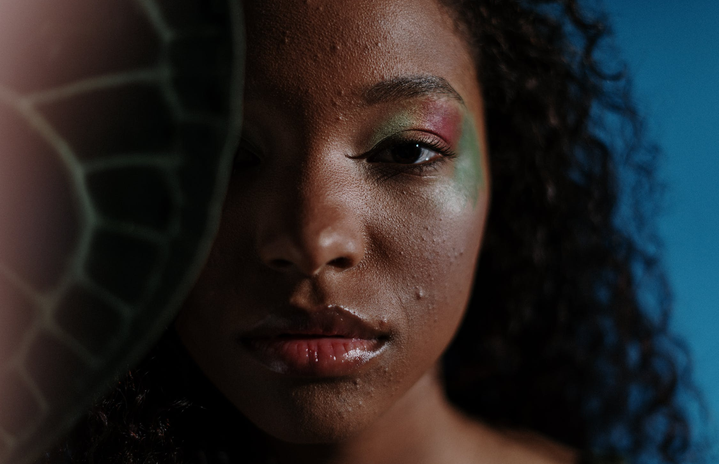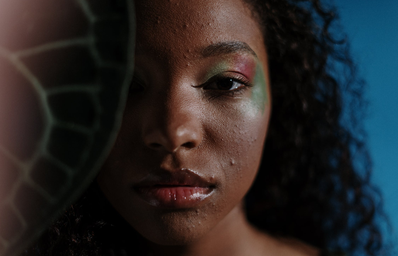In brown culture, from the day we’re born, we are taught about the value of our skin.
After checking in on the mom’s health and debating over who the baby looks like more, comments like, “Her features are nice, but her skin is too dark,” start rolling in.
For generations, this is what brown and Black people, especially women, have grown up hearing. It’s been internalized that our quality and appeal are based on how much lighter our skin tone is in comparison to others.
We all know someone — or are someone — who has been pressured into trying every remedy and product to permanently lighten our skin and fit societal expectations of beauty.
It’s a cycle that has to break.
The term “colourism” was first introduced in 1983 by American writer Alice Walker. It describes a preferential treatment of same-race people based on their colour — mainly how those of lighter complexion are considered more desirable.
In many parts of the world — including South Asia, Africa and the Americas — it’s a concept that was normalized as a result of colonization, slavery, and the corresponding white supremacist attitude.
Though we might be in what many see as a post-colonial era, the idea that white is right still has very tangible consequences today. Within society today, there still exists poorer health outcomes for dark-skinned women, discrimination in seeking jobs, and even stripping the joys of daily life — like being told to not stay out in the sun for too long or to stop drinking chai because your skin will get dark.
Among those consequences, dark-skinned people are told that to improve their standing in society, they should indulge in skin-whitening. According to an article published by Yahoo Finance, in 2021, the global skin-lightening products market had an estimated value of $9 billion and is expected to grow to $16 billion by 2030.
Products like Fair & Lovely changed their name to Glow & Lovely following backlash that the cream purported an anti-black standard of beauty. The product’s original name implied that being fair is what makes someone lovely. In today’s age, that cannot be at all true.
As a study in the Annual Review of Sociology says, white supremacy has been “united, globalized, and commodified” by the skin-whitening industry. It sows insecurities in darker-skinned people and then seeks to exploit them.
We cannot let white supremacy have that power any longer. We must reclaim the beauty of our diverse skin tones.
It’s not a lesser thing to be dark. It’s not a more powerful thing to be light. Neither is the case, and vice versa. Lovely is every single skin tone that has ever existed — they have each been loved and recreated for generations.

